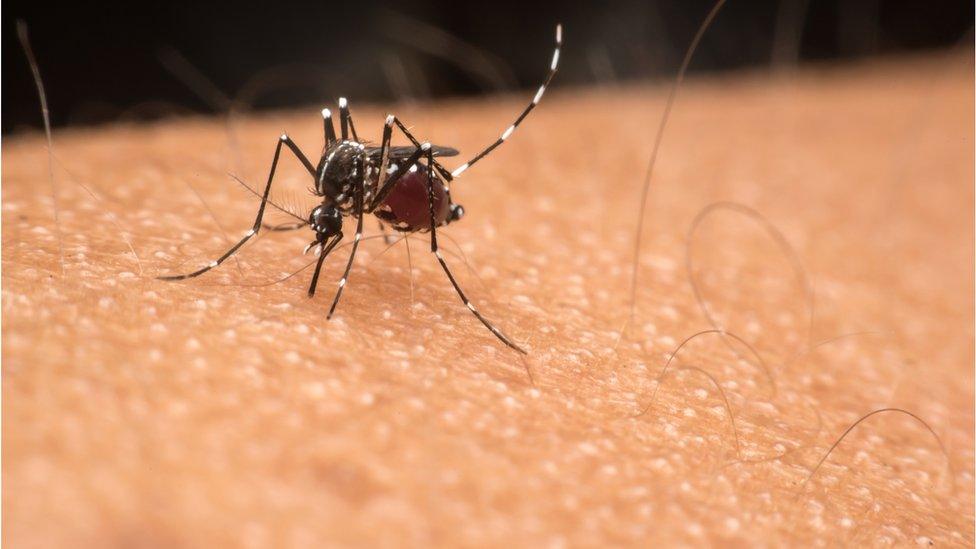TAIPEI — Taiwan has confirmed its first imported case of Plasmodium knowlesi malaria in nearly two decades, raising concern among health authorities and prompting an official travel advisory for the Philippines.
The patient, a foreign man in his 30s, had recently visited Palawan Island in early June, where he participated in ecotourism activities without taking any anti-malarial medication. He was reportedly bitten by mosquitoes during his stay, according to the Centers for Disease Control (CDC).
Shortly before returning to Taiwan on June 19, the man developed symptoms such as fever, headache, muscle pain, dark-colored urine, and drowsiness. His condition worsened after arrival, leading to hospitalization on June 27 due to shortness of breath, dizziness, and decreased urine output. He was later diagnosed with Plasmodium knowlesi malaria and remains under medical care. Health officials are actively monitoring his condition and conducting additional tests.
This marks Taiwan’s second-ever imported case of P. knowlesi, with the last one recorded in 2005 involving a Taiwanese traveler who had also visited Palawan.
What Is Plasmodium knowlesi?
Known as “monkey malaria,” Plasmodium knowlesi is a zoonotic parasite primarily found in Southeast Asia and naturally infects macaques. It is transmitted to humans through mosquito bites and has increasingly been reported in human populations since 2004.
CDC Deputy Director-General Lo Yi-chun explained that the early symptoms of P. knowlesi infection can mimic those of the flu, making early detection difficult. Common symptoms include fever, chills, headaches, body aches, fatigue, nausea, and vomiting. In more severe cases, it can lead to liver and kidney failure, pulmonary edema, shock, jaundice, brain inflammation, and even coma if not treated promptly.
Travel Advisory Raised for the Philippines
In response to the new case, the CDC has raised its travel health advisory for the Philippines to Level 1, the lowest of three levels, urging travelers to take routine precautions. These include wearing long-sleeved clothing, using insect repellent, and avoiding areas with dense mosquito populations, especially in forested or rural regions.
The CDC also advised high-risk individuals or those planning extended stays in mosquito-prone areas to consult travel health clinics at least a month before their trip to assess the need for preventive anti-malarial medication.
Malaria on the Rise Among Taiwan Travelers
As of July 1, Taiwan has reported 12 imported malaria cases in 2025 — the highest mid-year total in nearly 19 years. The cases involved travelers returning from countries such as Kenya, Tanzania, Sierra Leone, the Solomon Islands, Madagascar, Benin, the Central African Republic, and the Philippines. Patients ranged in age from their 20s to their 60s.
Fortunately, Taiwan itself remains free of indigenous malaria due to the absence of effective mosquito vectors and animal hosts. Lo emphasized that malaria-carrying mosquitoes are extremely rare in Taiwan and are only found in low densities in certain southern mountain stream regions.
Health officials continue to stress the importance of pre-travel preparation and mosquito protection, especially for those visiting tropical and forested destinations.



